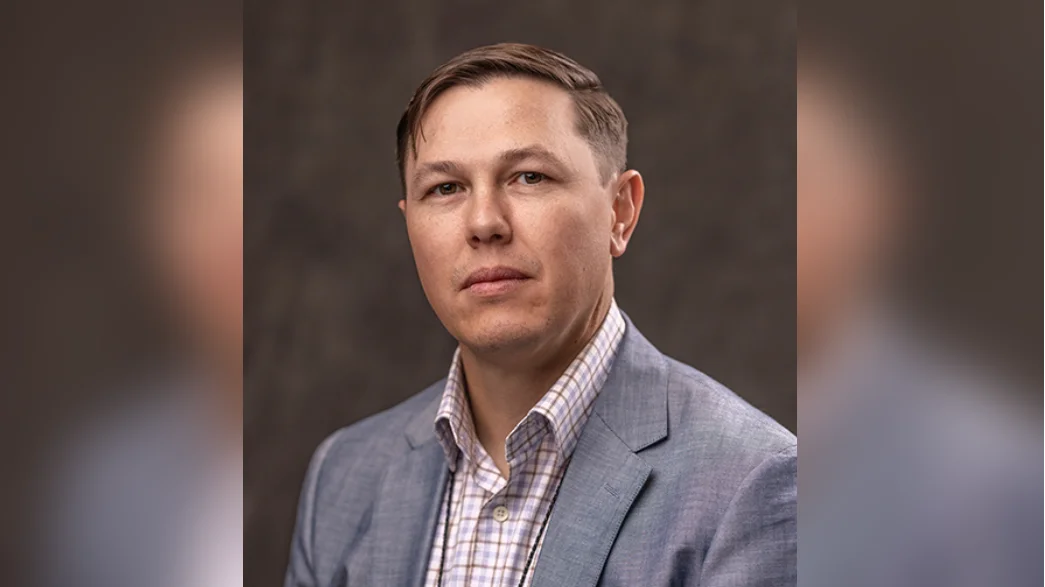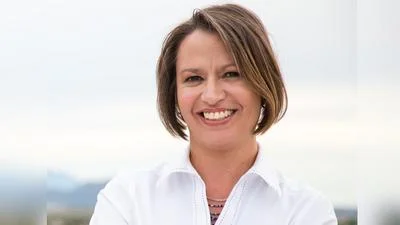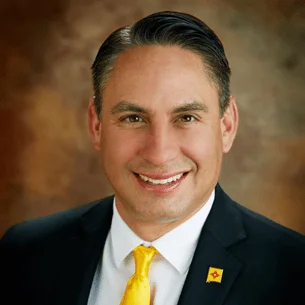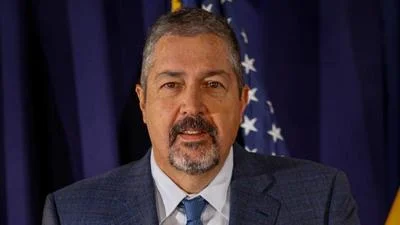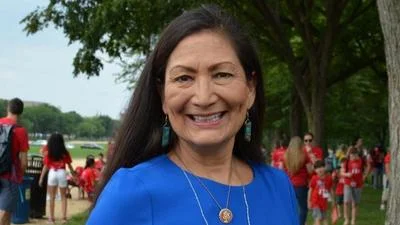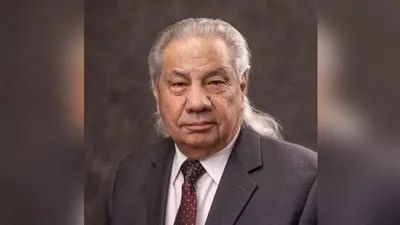The Native American Rights Fund (NARF) and the Brennan Center for Justice are collaborating to address barriers to Native American political participation. The organizations will co-host a Democracy Reform Summit on October 3, 2025, at Arizona State University’s Beus Center for Law and Society in Phoenix. The event is also produced in partnership with the Indian Legal Clinic at ASU Law.
The summit aims to examine ongoing challenges such as restrictive voting practices and discriminatory citizenship policies that affect Native Americans’ ability to participate in the political process. Organizers say innovative solutions are needed to increase access to voting and protect Native political participation.
"Native Americans have a long history of political disenfranchisement. Today, restrictive voting practices exclude tribal voters from the electorate and discriminatory citizenship policies limit Native American representation in politics. Innovative solutions are needed to increase access to voting and protect Native political participation," according to event organizers.
Throughout the day, policymakers, legal advocates, civic engagement experts, and researchers will discuss strategies for expanding Native American representation in government. Sessions include discussions on federal threats to voting rights legislation, ethical data analysis related to tribal voters, state-level policy challenges, and opportunities for group strategizing on civic engagement.
Speakers scheduled include Matthew Campbell of NARF; Chelsea Jones of the Brennan Center; David Wilkins from the University of Richmond; Patty Ferguson-Bohnee from Arizona State University; Eileen O’Connor from the Brennan Center; Jacqueline De León of NARF; Judith LeBlanc of the Native Organizers Alliance; Megan Gall of Blockwell Consulting; Dan McCool from the University of Utah; Melissa Rogers from Claremont Graduate University; Gary Bohnee representing Salt River Pima-Maricopa Indian Community; Allison Neswood of NARF; Nicole Donaghy from North Dakota Native Vote; Zara Stevens from Native Vote Washington; and Gabriella Cázares-Kelly, Pima County Recorder.
The summit includes keynote addresses, roundtable discussions on federal policy, panels about research gaps concerning tribal voters, conversations about state-level threats and reforms affecting voter access, as well as time for group strategy sessions among attendees.
The event is open for registration through Arizona State University.
